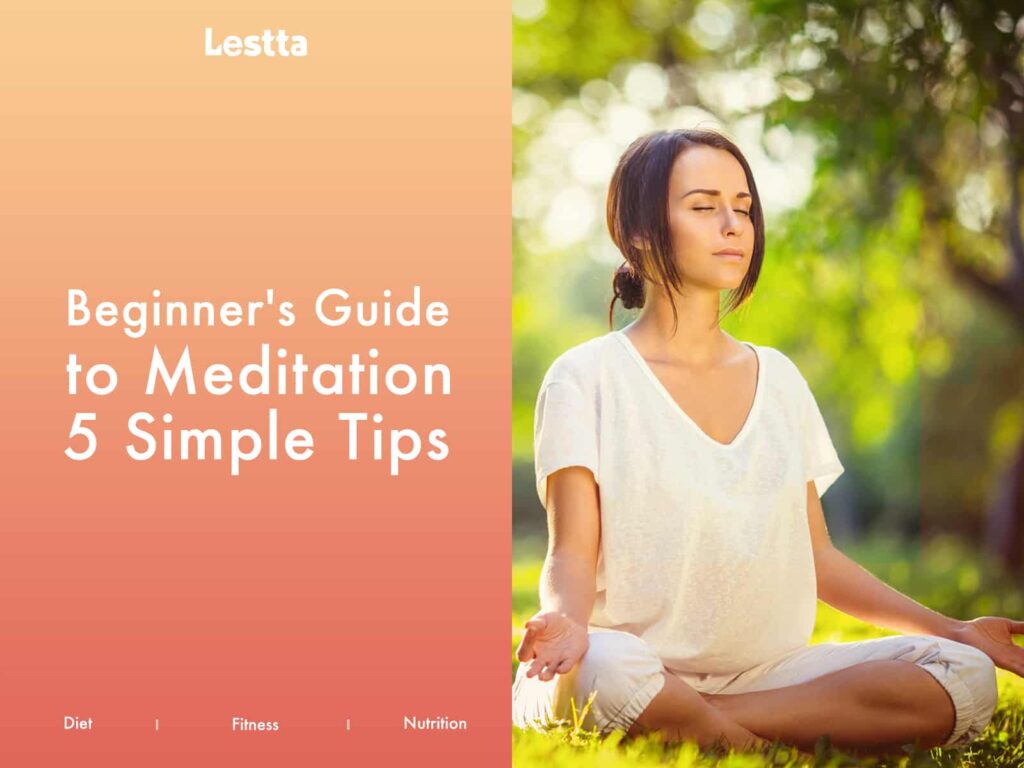
Embarking on a meditation journey can be both exciting and daunting for beginners. With the fast-paced nature of modern life, finding inner peace and tranquility has become increasingly essential. In this beginner’s guide to meditation, we will explore five simple tips to help you establish a regular meditation practice.
1. Create a Sacred Space
When it comes to meditation, finding a quiet and serene environment can significantly enhance your experience. Dedicate a specific area in your home as a sacred space for meditation. It could be a corner of a room, a cushion on the floor, or a comfortable chair.
Ensure the space is clutter-free and devoid of distractions. By designating a special place solely for meditation, you create an atmosphere conducive to introspection and focus.
2. Set Realistic Goals
As a beginner, it is important to set realistic expectations for your meditation practice. Start with short sessions, gradually increasing the duration as you become more comfortable. Begin with just five minutes each day and gradually extend the time to 10 or 15 minutes.
Remember, consistency is key. It is better to have a regular five-minute practice than to sporadically attempt longer sessions. By setting achievable goals, you will maintain motivation and establish a sustainable routine.
3. Focus on the Breath
One of the fundamental aspects of meditation is mindful breathing. Sit comfortably, close your eyes, and bring your attention to your breath. Observe the natural flow of inhalation and exhalation. If thoughts arise, gently acknowledge them and bring your focus back to the breath.
This practice cultivates present-moment awareness and helps quiet the mind. By focusing on the breath, you anchor yourself in the present, fostering a sense of calm and clarity.
4. Explore Guided Meditations
For beginners, guided meditations can be incredibly helpful. These are pre-recorded or live sessions led by experienced meditation teachers. Guided meditations provide instructions and gentle prompts, making it easier to stay focused and relaxed.
Many mobile applications and websites offer a wide range of guided meditation options catering to different preferences and goals. Experiment with different styles and voices to find what resonates with you.
5. Embrace Consistency and Patience
Consistency and patience are key elements in developing a successful meditation practice. Aim to meditate at the same time each day, integrating it into your routine. Consistency strengthens the habit and allows you to experience the cumulative benefits of meditation.
However, it’s important to approach your practice with patience. Meditation is a skill that develops over time, and progress may not be immediately noticeable. Embrace the journey, trust the process, and allow yourself to grow at your own pace.
Conclusion
Following these five simple tips as a guide to meditation, will make you establish a strong foundation for your practice. That’s why remember to create a sacred space, set realistic goals, focus on the breath, explore guided meditations, and embrace consistency and patience.
The path of meditation is a personal one, and each experience is unique. With dedication and regular practice, you will unlock the profound benefits of mindfulness, leading to a more peaceful and balanced life.









